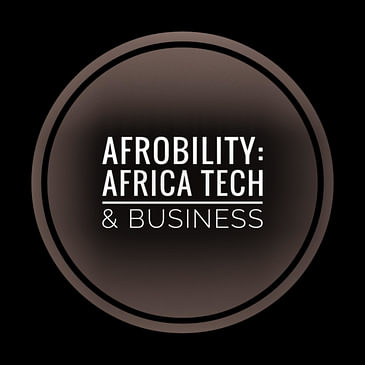Overview: Today, we’re going to explore PiggyVest - the Nigerian savings and investment platform. We’ll discuss the story across the following areas:
African Banking & Neobank context
PiggyVest’s early history
Product & monetization strategy
Competitive positioning & potential exit options
Overall outlook
This episode was recorded on Oct 30, 2024
Companies discussed: PiggyVest, Chipper Cash, Kuda Bank, Paystack, Flutterwave, FairMoney, Paystack, Brass, Cowrywise, Carbon, Chipper Cash, Interswitch, GTBank, Sterling Bank & UBA.
Business concepts discussed: Neobank / Challenger bank / digital bank strategy, remittances Neobank monetization & Consumer Lending, consumer FinTech monetization strategy, consumer lending, retail banking strategy, customer segmentation strategy & low-end disruption
Conversation highlights:
(00:30) - Introduction
(05:50) - African Banking & Neobank context
(30:16) - PiggyVest's Founding Story
(41:15) - Fundraising and Growth
(53:30) - Geographical Expansion and Partnerships
(01:18:52) - Product and Monetization strategy
(01:35:20) - Competition and options for exit
(01:54:35) - Bankole’s overall thoughts and outlook
(02:05:15) - Olumide’s overall thoughts and outlook
(02:15:45) - Recommendations and small wins
Olumide’s recommendations & small wins:
Recommendation: Sisqo - Got to Get it video - Insane shit. Sisqo singing and dancing his heart out. So dope.
Recommendation: Rob Berger's Personal Finance YouTube channel
Recommendation: The Patriarch: The Remarkable Life and Turbulent Times of Joseph P. Kennedy. Excellent book. A little bit of everything, entrepreneurship - History, politics, family life & hollywood.
Small win: I spent the week in Cusco & Lima, it was magical and fun. Some sand, some llamas, lots of dancing. Epic shit
Bankole’s recommendations & small wins:
Recommendation: BBC Radio 4 - In Our Time Podcast & Active - Asake
Small win: Running 25 miles a week
Other content: These Nigerian universities produced the most startup founders - Nairametrics
Listeners: We’d love to hear from you. Email info@afrobility.com with feedback!
Founders & Operators: We'd love to hear about what you're working on, email us at info@afrobility.com
Investors: It would be great to link up with you. Contact us at info@afrobility.com
Join our insider mailing list where we get feedback on new episodes & find all episodes on Afrobility.com
